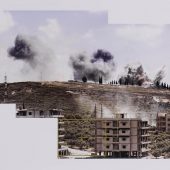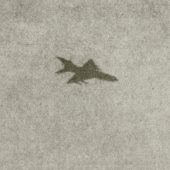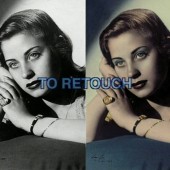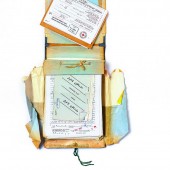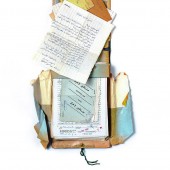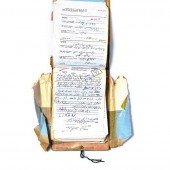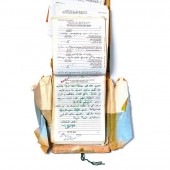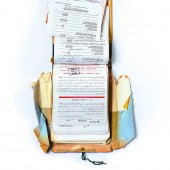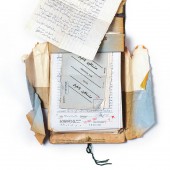Akram Zaatari
Growing up during the Lebanese Civil War, interdisciplinary artist Akram Zaatari lived in an environment of limited mobility in the Southern town of Saida. During his adolescence, Zaatari developed a practice of researching, collecting and recording from his surroundings, a habit that later shaped his artistic approach.
His methodology can be likened to fieldwork: gathering data for analysis and uniquely presenting his observations through photography, film and installation. Playing with genres of documentary filmmaking, photography and archival practice, Zaatari often blurs the borders between fiction and reality, history and memory.
Exploring the subtle intricacies of Lebanon’s post-war condition, Zaatari sifts through hidden personal histories. He inspects image making and its circulation in relation to circumstances of war and resistance and also analyses representations of male sexuality.
In his recent project about communist resistance fighter Nabih Awada, who was detained in an Israeli prison from 1988 to 1998 at the age of 16, Zaatari investigates the psychological effects of imprisonment and restricted communication. His work consists of photographed letters exchanged between Awada and his family and friends during his imprisonment.
Zaatari is co-founder of Beirut-based Arab Image Foundation and has exhibited internationally, including at biennials in Istanbul, Venice, Sharjah and Sao Paulo.
Related artists by country
- Camille Zakharia
- Fouad Elkoury
- Chafic Abboud
- Mohamad Said Baalbaki
- Nabil Nahas
- Rim Al Jundi
- Shawki Youssef
- Tagreed Darghouth
- Zena Assi
- Zena Al Khalil
- Joana Hadjithomas and Khalil Joreige
- Samir Sayegh
- Elie Kanaan
- Emmanuel Guiragossian
- Fadia Haddad
- Saliba Douaihy
- Ziad Antar
- Ali Cherri
- Inaya Fanis Hodeib
- Walid Raad
- Charbel-joseph H. Boutros
- Hussein Madi
- Lamia Joreige
- Marwa Arsanios
- Huguette Caland
- Michel Basbous
- Khalil Gibran
- Bibi Zogbe
- Etel Adnan
- Saloua Raouda Choucair
- Aref El Rayess
- Yvette Achkar
- Ali Rafei
- Habib Srour
- Chaouki Choukini
- Helen Khal
- Omar Onsi
- Rafic Charaf
- Seta Manoukian
- Juliana Seraphim
- Afaf Zurayk
- Nadia Saikali
- Deirrieh Fakhoury
- Abdul Hamid Baalbaki
- Laure Ghorayeb
- Nabil Kanso
- Odile Mazloum
- Stephanie Saade
- Douglas Abdell
- Dalia Baassiri
- Samia Osseiran Joumblatt
- Serge Najjar
- Habuba Farah
- Moazaz Rawda
- Lara Baladi
- Alfred Tarazi
- Fouad El Khoury
- Helen Zughaib
- Leila Jabre Jureidini
- Nada Ackel
- Marie Hadad
- Oumaya Alieh Soubra
- Judith Lauand
- Martha Hraoui
- Willy Aractingi
- Haibat Balaa Bawab
- Sophie Yeramian
- Elham Jabbour
- Samia Basbous
- Espérance Ghorayeb
- Nicole Harfouche
